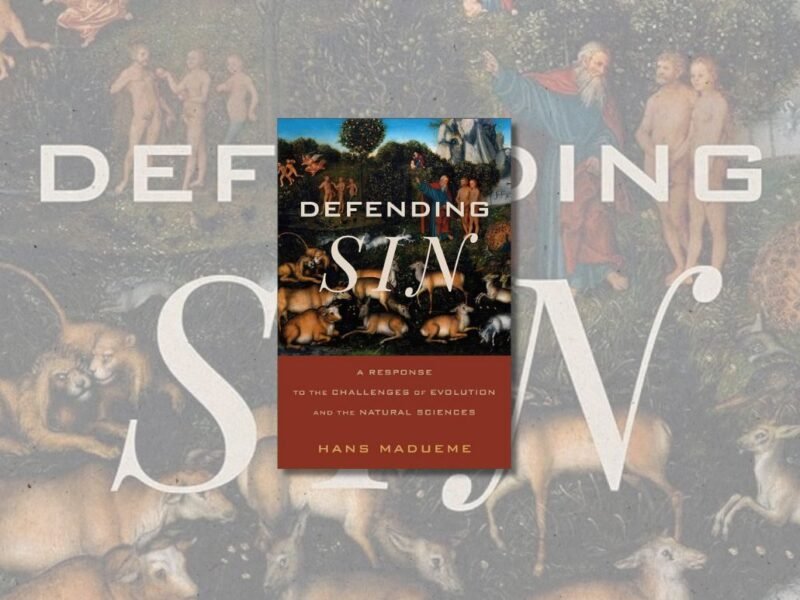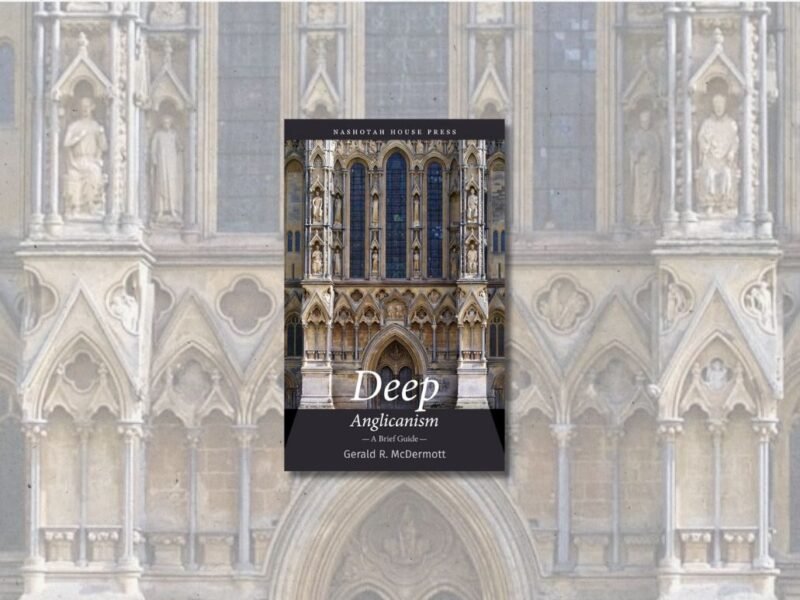On Christian Priesthood. By Robin Ward. New York: Continuum International Publishing Group, 2011. 168 pp. $20.65 (paper).
The nature of Christian priesthood, according to Robin Ward, has been obscured in recent decades: “Some theological themes which…are central to a proper understanding of ministerial priesthood in the Christian religion…have come to be seen as either unfashionable or redundant because of contemporary assumptions about what that ministry should be” (1). These assumptions have led to a situation where “activism, didacticism and a lack of what the scholastics called purgatorial fortitude in thinking about the last things are all too evident in what informs liturgical and pastoral preferences for many clergy” (149).
Ward’s book offers an account of Christian priesthood rightly understood. This includes extended reflection specifically on the sacramental nature of priesthood, which flows from the sacramental character of Christianity as a religion. As Ward puts it, “A religion which is sacramental and which has at its heart a sacrifice will have a priesthood to celebrate that sacrifice” (5).
To be clear, Ward does not focus exclusively on those who are ordained. Rather, he writes with the understanding that “the baptised people of God are designated in Scripture as the authentic priestly body in relation to the Father” (9), even as there is also a “ministerial priesthood” within this larger priesthood. Much of Ward’s account, then, aims to distinguish the role of the priesthood common to all Christians from that of the ministerial priesthood.
The priesthood of all Christians, as mentioned above, is “the priesthood which is common to all the baptised” (1). On Ward’s account, it is in baptism that the Christian is “infused with the virtues necessary for salvation” (12). The relevance of virtue for Christian priesthood is that it is precisely in living a virtuous or holy life that unordained Christians make their daily sacrifice to God. Ward, invoking Augustine, puts it this way:
Every act undertaken with the intention of uniting us more closely to God as our final end attains through the directing power of religion the character of a true sacrifice: ethical living becomes liturgical living in the dispensation of grace. (12‒13)
Support for the priesthood of all Christians is also drawn from 1 Peter 2, in which Christians are described as a “holy priesthood” (v. 4) and a “royal priesthood” (v. 9), tasked with offering “spiritual sacrifices” (v. 5) to God. These spiritual sacrifices “consist of singing the ‘mighty acts of him who called you out of darkness into his wonderful light’ (1 Pet. 2.9), and produce good works which edify the pagans (1 Pet. 2.12)” (81).
While all Christians are called to be priests in this way, those who are ordained for the ministerial priesthood take on additional roles: “This ministerial character derives from the call of Christ to be conformed to his priesthood in the sacramental order, which is a commission in particular to consecrate the Eucharistic sacrifice and forgive sins by means of reconciliation with the Church” (145). The Eucharist, then, is the occasion for the ministerial priesthood’s very existence: “For there to be a ministerial priesthood, there must be an authentic sacrifice for that priesthood to offer, and that sacrifice is consummated in the consecration of the Eucharist” (4).
But as the celebration of the Eucharist brings together the mystical body of Christ, so sin ruptures this body. As a result, ministers must also pronounce absolution to those who repent of their sins so that they can be reconciled to the body of Christ. In focusing on these two functions of the ministerial priesthood, Ward cites Thomas Aquinas, who “describes the function of the Christian ministerial priesthood as two-fold: first, the offering of sacrifice; and second, the forgiveness of sin” (119).
This brief overview gives little attention to other themes Ward explores in relation to Christian priesthood, such as sacramental mystery and the nature of Christian cult (“cult” here referring to ritual liturgical practices). Still, I hope it is clear from what has been discussed that On Christian Priesthood is a markedly substantive and thoughtful work, one that delves into its subject matter with an impressive historical and sacramental awareness. Even if one does not agree with all of Ward’s conclusions, Christians (and Anglicans in particular, given that Ward writes as a priest in the Church of England) will benefit from reflecting on his insights.






'Book Review: “On Christian Priesthood”' has no comments
Be the first to comment this post!